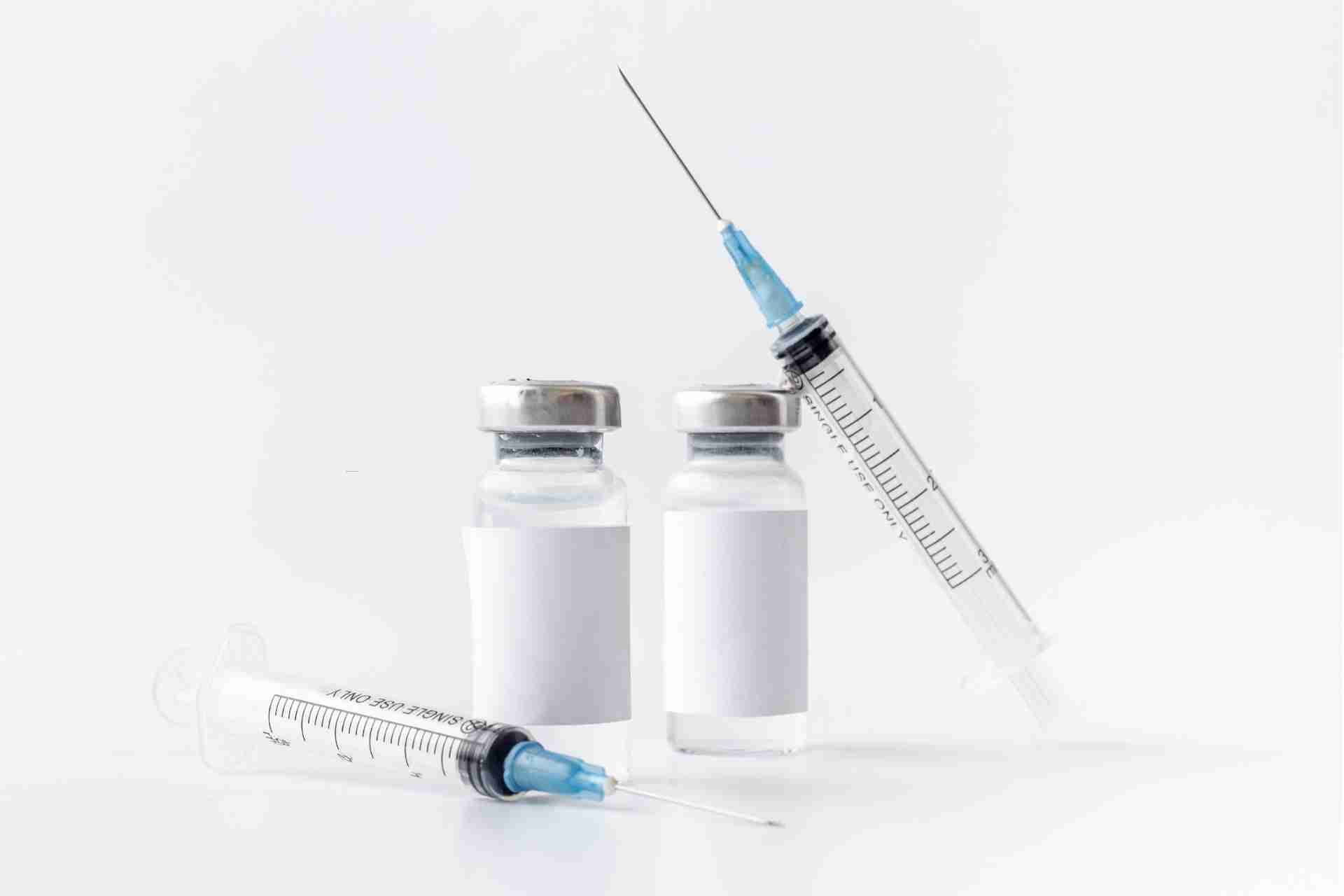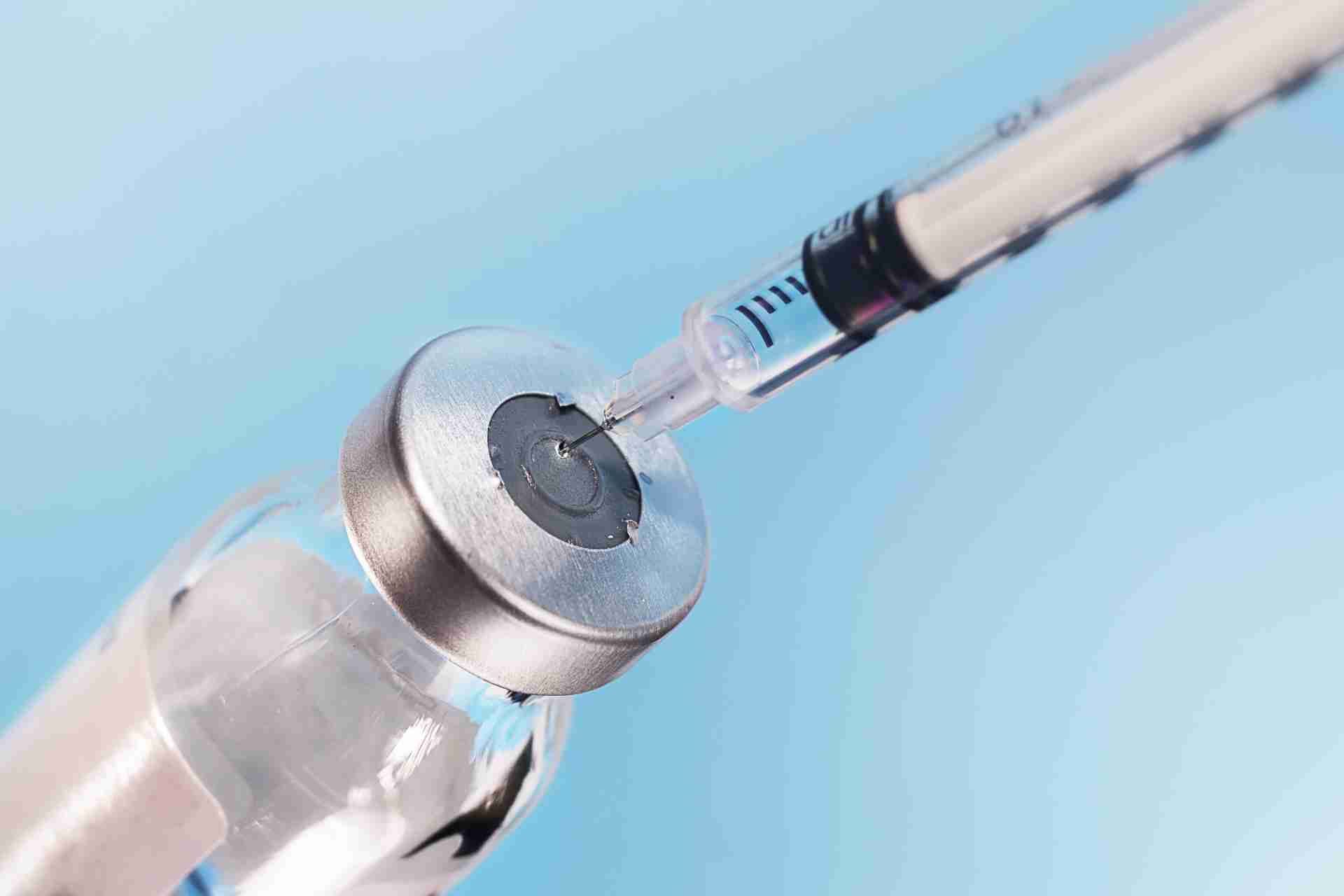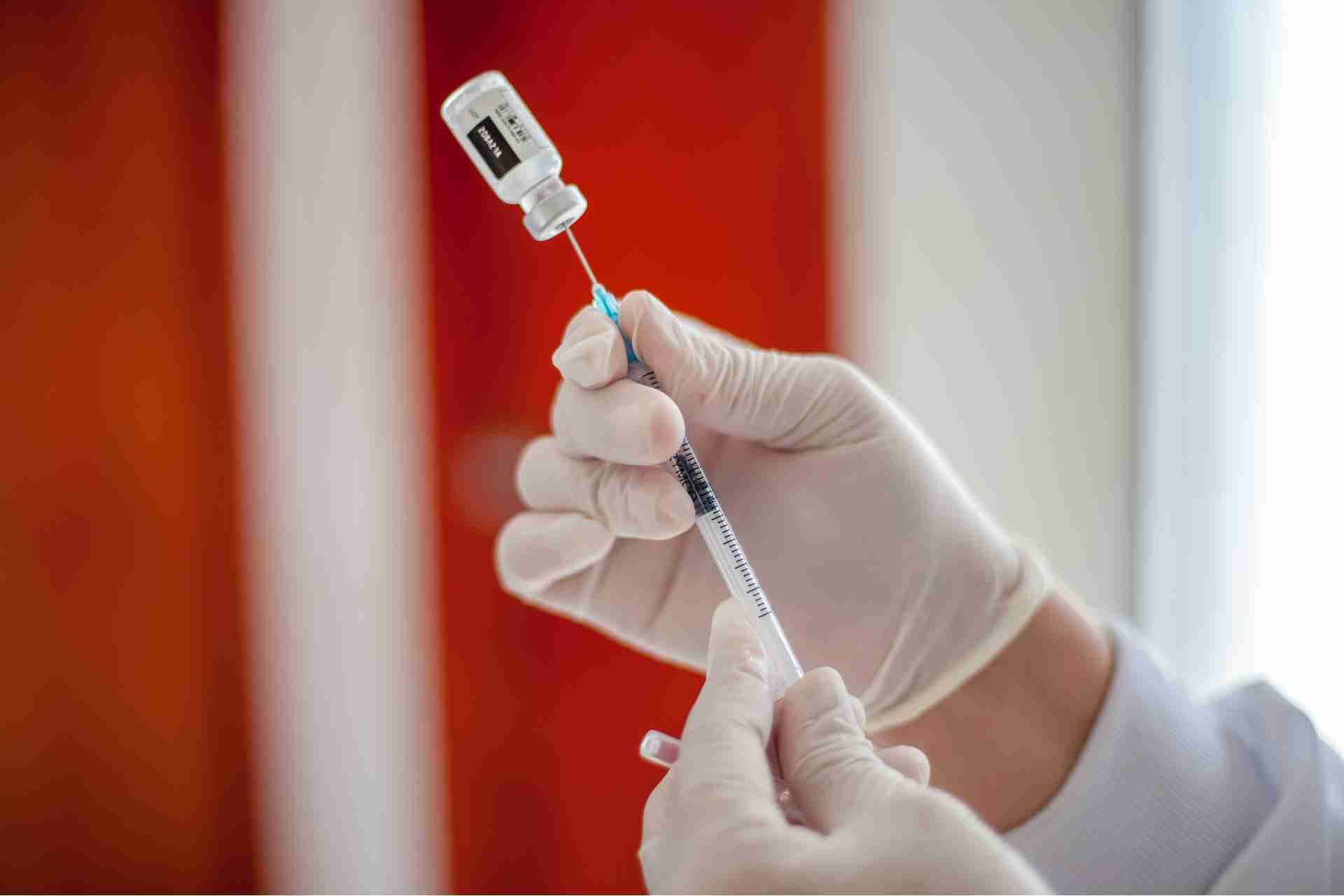Suicidal Ideations: Symptoms and Treatment
In the realm of mental health, few topics are as delicate and crucial as suicidal ideations. The whispers of these thoughts can be haunting, casting a shadow over a person's life and relationships. Acknowledging the gravity of such feelings and seeking help is the first step toward healing and recovery.
If you or someone you know is struggling with suicidal ideations, it's important to reach out to a mental health professional, a counselor, a doctor, or a helpline (such as a suicide prevention hotline) for assistance and support.
Let us discuss the intricacies of suicidal ideations, exploring their symptoms and shedding light on the paths to treatment and support.
What is Suicidal Ideation?
Suicidal ideation refers to thoughts, fantasies, or contemplations about taking one's own life. These thoughts can range from fleeting notions to more persistent and intrusive ideas about ending one's life. Suicidal ideation can vary in intensity, from vague thoughts of wishing to be dead to specific plans and methods for suicide.
It's important to understand that experiencing suicidal ideation is a serious concern and often indicates significant emotional distress or mental health issues. People who are struggling with these thoughts might feel overwhelmed by feelings of hopelessness, despair, isolation, or emotional pain. It's crucial to take such thoughts seriously and seek help for oneself or someone else who is experiencing them.
Symptoms of Suicidal Ideations
Suicidal ideations refers to thoughts about ending one's own life. These thoughts can range from vague ideas to detailed plans, and they may be accompanied by various emotional and behavioral changes. Some common symptoms include:
- Thoughts of Death or Suicide: Frequent thoughts about death, dying, or wanting to end one's life.
- Hopelessness: Feeling trapped, helpless, or believing that things will never get better.
- Isolation: Withdrawing from friends, family, and social activities.
- Loss of Interest: Losing interest in activities that were once enjoyable.
- Drastic Mood Changes: Experiencing extreme mood swings, often involving feelings of deep sadness or agitation.
- Talking About Death: Expressing verbal cues about wanting to die or not being around anymore.
- Preoccupation with Dying: Frequently researching methods of suicide or ways to die.
Treatment for Suicidal Ideations
If you or someone you know is struggling with suicidal ideations, seeking professional help is essential. Some treatment options include:
- Therapy: Cognitive Behavioral Therapy (CBT) and Dialectical Behavior Therapy (DBT) are often used to address suicidal thoughts by helping individuals manage emotions, identify negative thought patterns, and develop coping strategies.
- Medication: Antidepressant medications may be prescribed to manage underlying mood disorders that can contribute to suicidal ideations.
- Hospitalization: In severe cases where safety is a concern, hospitalization in a psychiatric facility may be recommended to ensure proper monitoring and treatment.
- Support Groups: Group therapy or support groups can provide a safe space to share feelings and experiences with others who understand what you're going through.
- Safety Planning:
Creating a safety plan with the help of a mental health professional can involve identifying triggers, developing coping strategies, and outlining steps to take during a crisis.
Ketamine Therapy for Suicidal Ideations
Ketamine therapy has gained attention as a potential treatment for various mental health conditions, including depression and suicidal ideations.
Ketamine is an anesthetic medication that has been used for decades in medical settings. In recent years, there has been interest in its potential use as a rapid-acting antidepressant and treatment for severe depression and suicidal ideations, especially in cases where other treatments have not been effective.
Ketamine therapy for suicidal ideations typically involves the use of intravenous (IV) ketamine infusions. The treatment process may vary, but generally, it includes the following:
- Administration: Ketamine is administered through an IV under medical supervision. The dose and duration of the infusion can vary based on the individual's needs.
- Effects: Ketamine is known to have rapid effects, and some individuals report feeling relief from depressive symptoms and suicidal thoughts within hours or days after the infusion.
- Sessions: Ketamine therapy is often delivered in a series of sessions over a few weeks. The frequency and number of sessions depend on the individual's response to treatment.
- Monitoring: During and after the infusion, medical professionals monitor the individual's vital signs and overall well-being to ensure safety.
It's important to keep in mind that ketamine therapy is not a first-line
treatment for suicidal ideations. It's typically considered when other conventional treatments, such as psychotherapy and medication, have not been successful. Additionally, while ketamine therapy has shown promising results for some individuals, it may not work for everyone, and its long-term effects are still being studied.










